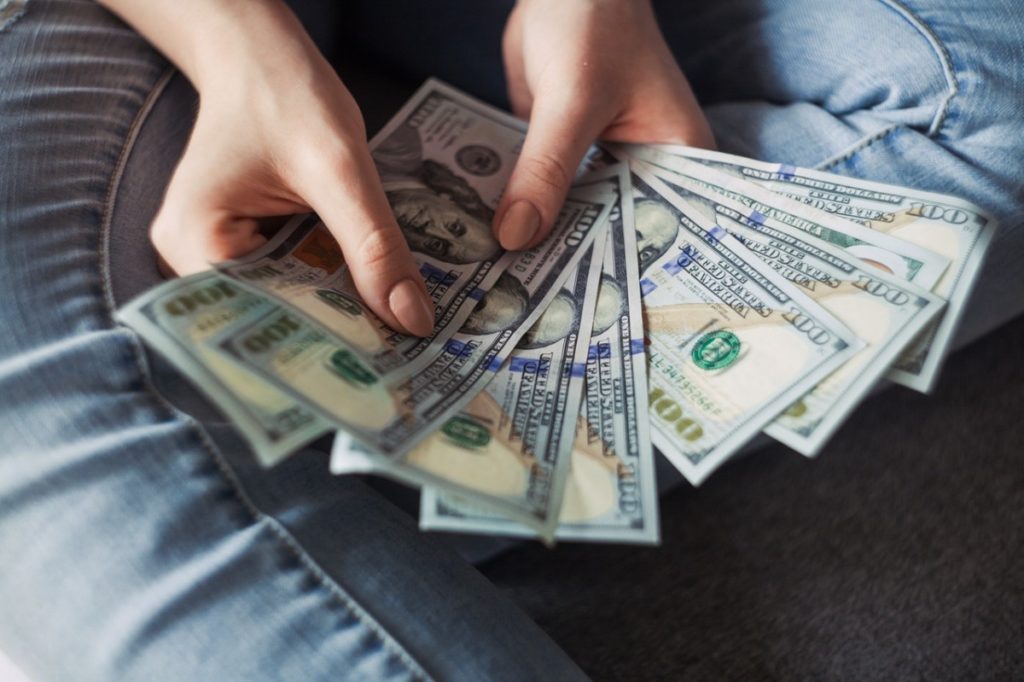While having an emergency fund seems like a no-brainer, not many people actually have one. In a survey, only 39% of respondents said they could afford an unexpected $1,000 expense.
An emergency fund is essential. It will become your financial buffer in case something unexpected occurs. For example, the COVID-19 pandemic is considered an unexpected event. And it came with financial concerns. Many people had lesser hours at work due to lockdowns, which meant a lower paycheck. Others lost their jobs. In these situations, having an emergency fund was extremely important.
Sure, saving an emergency fund is easier said than done. You can one day tell yourself you’ll finally start saving up. But with the bills you need to pay and the other needs you must prioritize, your plan might fall through.
Here are some strategies you can implement to succeed in saving your rainy day fund:
Decide How Much You Want to Save
The emergency fund rule of thumb is to save a total of three to six months’ worth of expenses. But it’s not that easy to set aside such a huge amount all of a sudden. And if you get overwhelmed by the amount you need to save, you might become discouraged and fail.
To remedy the issue, forget the rule of thumb. You should decide how much you want to save initially. For instance, you can just start with one month’s worth of expenses. And when you achieve that milestone, then you can up the ante.
You might also consider creating a savings timeline. Note down how much you want to save every month to reach your total goal.
Monitor Your Cash Flow
Before you even start stashing away money for your emergency fund, you first need to determine where your money goes. Ideally, you will track your spending in a notebook or a spreadsheet. Specify the item or service you spent on, its total amount, and the date of purchase or transaction. Even if the amount is just less than five dollars, make sure to log it down; every dollar counts.
This tracker will help you analyze your spending. For instance, it will show you areas where you might need to cut down your spending, such as nonessential purchases. Or you can finally cancel memberships you don’t really use anyway.

Create a Monthly Budget and Stick to It
Budgeting is important if you want to be financially healthy. Use your expense tracker to create a monthly budget. Note what expenses are non-negotiable, such as your living expenses and food. Allot some money for some nonessential expenses as well. It’s not bad to spoil yourself sometimes, as long as the price is reasonable relative to your current financial situation.
Learning how to budget will be useful in other areas of your life as well. For instance, those who aspire to pursue tertiary education will need to budget and save up for their school expenses. Even if they choose to go to an affordable educational institution, other school-related expenses can still be quite a lot. So knowing how to budget will help them survive school without falling much into debt.
Open a Savings Account
Your emergency fund needs to be liquid. If a surprise expense comes, you can easily pull out the amount you need. But that doesn’t mean it should always be within your reach, so to speak. Don’t put the money in accounts that you use to pay your bills. Otherwise, you might accidentally spend your savings.
Instead, open a new savings account dedicated specifically to your rainy day fund. Go for a high-yield savings account. This way, while you don’t use the money, you can earn some interest.
Automate Your Savings
Once you’ve set up your savings account for your emergency fund, automate money transfer from your checking account. If your employer pays you through direct deposit, this option may be available. Automation ensures that you don’t forget to put aside money and grow your savings fund steadily and consistently.
Take Advantage of Your Credit Card Benefits
If your credit cards have rewards programs, make sure that you use them. Some rewards come in the form of cashback; this way, you save money on your next purchase. Put the money you save into your emergency fund when possible.
Saving an emergency fund is a way to secure your future. It may seem difficult at first because you have other finances to juggle. But knowing that you have a safety net in the time of an emergency, whether it’s a medical emergency, property repairs, and others, can be very assuring.

